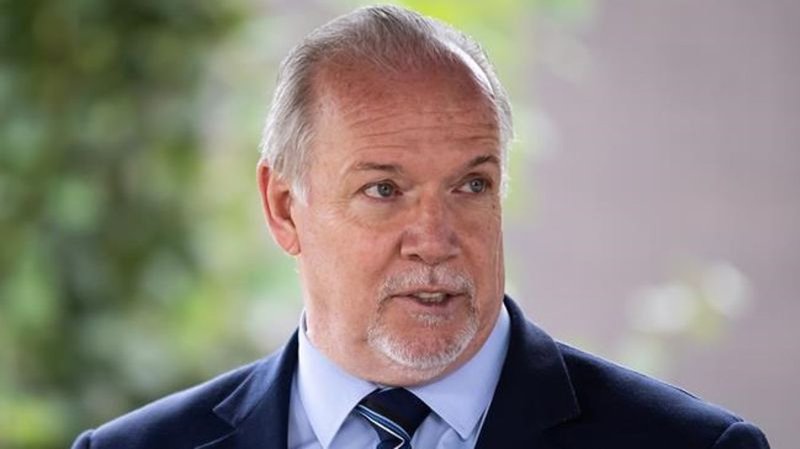
Horgan’s NDP cabinet built to tackle pandemic, economic recovery, says former premier
VICTORIA — Former B.C. premier Mike Harcourt says he understands the balancing act that John Horgan is facing as he is set to introduce his NDP government’s new cabinet Thursday during a pandemic that’s threatening lives and the economy.
When he was putting together a cabinet almost 30 years ago after the New Democrats won a majority government, Harcourt said the province was soon plunged into the so-called war in the woods between forest companies and environmentalists in Clayoquot Sound.
After Horgan won 57 of 87 seats in last month’s B.C. election, the pandemic and its impact on people’s health and the economy will be the constant focus of the new cabinet, said Harcourt.
“John has some very positive but challenging choices to make,” he said in an interview. “We had some big challenges to deal with, just like now with the challenges of COVID-19 and the recovery to come to grips with.”
